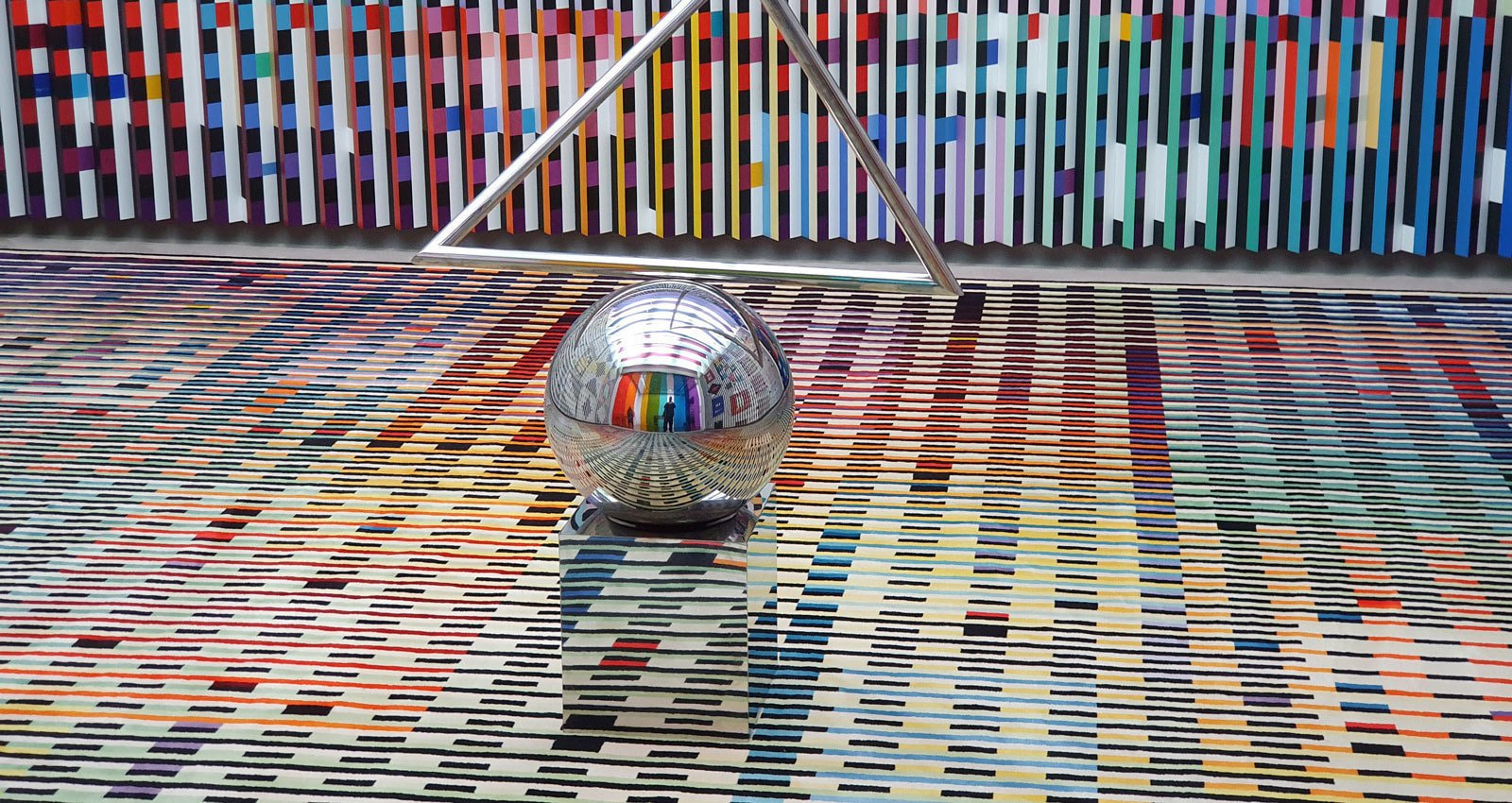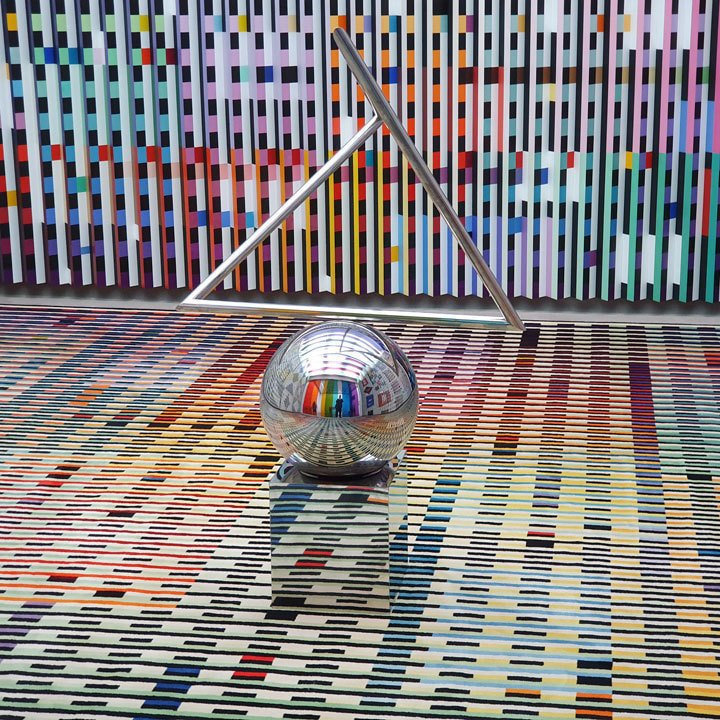Information is regarded as being of primary importance today. The quantity and quality of its consumption and the speed of its processing are rapidly growing and changing. In fact, do we know all existent means of interaction with information yet? Or, rather, have we missed something?
The authors of the course, Anastasia Potemkina and Anna She, believe those who aspire for a conscious future for themselves should not limit their communication with the world by only interacting with those who speak their language. By training sensory organs, the lab will allow participants to enhance memory and learn how to conceive increasing amounts of information—the only thing one needs to do so is the readiness to experiment and transgress the limits of the habitual.
Synesthesia, unfortunately, is still considered a deviant quality rather than an ability.
The option of communicating with someone unlike ourselves provides a much more comprehensive and subtle picture of reality and enriches our experience of dealing with it. By developing their synesthetic skills, a person will learn the interspecific language and, perhaps, will get closer to the future we can only dream about so far.
Synesthesia is actually deeply inscribed in our everyday lives, even though we oftentimes do not register it. Anastasia and Anna’s course is aimed at listening to one’s reactions and discerning the echoes of the additionally involved sensory organs, finding a balance and starting to control and direct the process of perception. A series of exercises and the analysis of reactions will help participants gradually exit the usual routine of interacting with the world. The full course, comprising six sessions that are going to be documented, will help participants to work consistently with each sensory organ by analyzing the acquired experience and integrating it into the next classes. The group will be formed based on test results (link to the application form, to be sent later). Applicants can also visit a test session run by art mediators. The results of the selected candidates will be implemented in the further work on the project.
The course authors strongly believe that well-developed synesthetic abilities will enable the building of a radically novel type of communication using a universal language and get rid of the outdated viewpoint paradigm based around one particular linguistic system.
Each class is composed of a lecture and a practical block. All participants will be given homework and will have to keep an art book documenting the ongoing investigation of the synesthesia phenomenon. With no special skills required, it is important to be focused on and interested in the topic.
The participants will be selected via online interviews. The interviews will be arranged after completed application forms have been received. Participation is voluntary. The process is obligatory.

